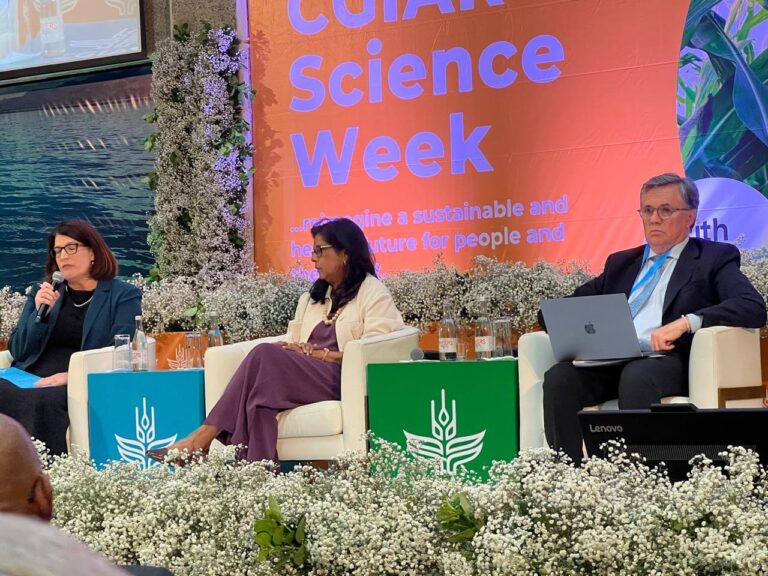At the World Economic Forum on Latin America, held in Mexico, the Director General of IICA stated that the private sector was a key ally for strengthening agriculture.
Riviera Maya, Mexico, May 14, 2015 (IICA). A new type of liaison between the public and private sectors that could prompt the creation of partnerships with common objectives is needed to attract new investments to agriculture in the Americas.
Víctor M. Villalobos, Director General of the Inter-American Institute for Cooperation on Agriculture (IICA), asserted that these investments were necessary in order to transform agriculture, making it more competitive, productive, sustainable and inclusive, and allowing it to be a source of food for the world population.
The Director General stated that agriculture in the Americas holds that potential, but all stakeholders in the sector must tap into it to elicit change.

In the presence of global leaders at the 2015 World Economic Forum on Latin America, Villalobos stated that the private sector can be a key ally for agricultural research, development, and innovation.
“Innovation is needed in its broadest sense: from technological innovation for greater sustainability, to innovation in social and productive management models, so that producers will become even more linked to markets,” he asserted.
According to Villalobos, country capacities in agricultural health and food safety must be strengthened to boost agricultural trade.
Enrique Peña Nieto, President of Mexico, and Enrique Martínez y Martínez, Secretary of Agriculture, Livestock, Rural Development, Fisheries and Food of Mexico, participated in the forum.
The Director General of IICA added that agriculture must develop in a context free of distortions; in other words, in one with macroeconomic, structural, agricultural and institutional policies that support its development.
“Other types of policies that are new to agriculture could relate to improving the nutritional quality of agricultural products, adapting to and mitigating climate change, and carrying out a comprehensive risk management,” he stated.
Villalobos highlighted the importance of agriculture for countries in the region; its contribution to the economy, as an expanded sector, is as high as 30% in some countries.
More information:
evangelina.beltran@iica.int











